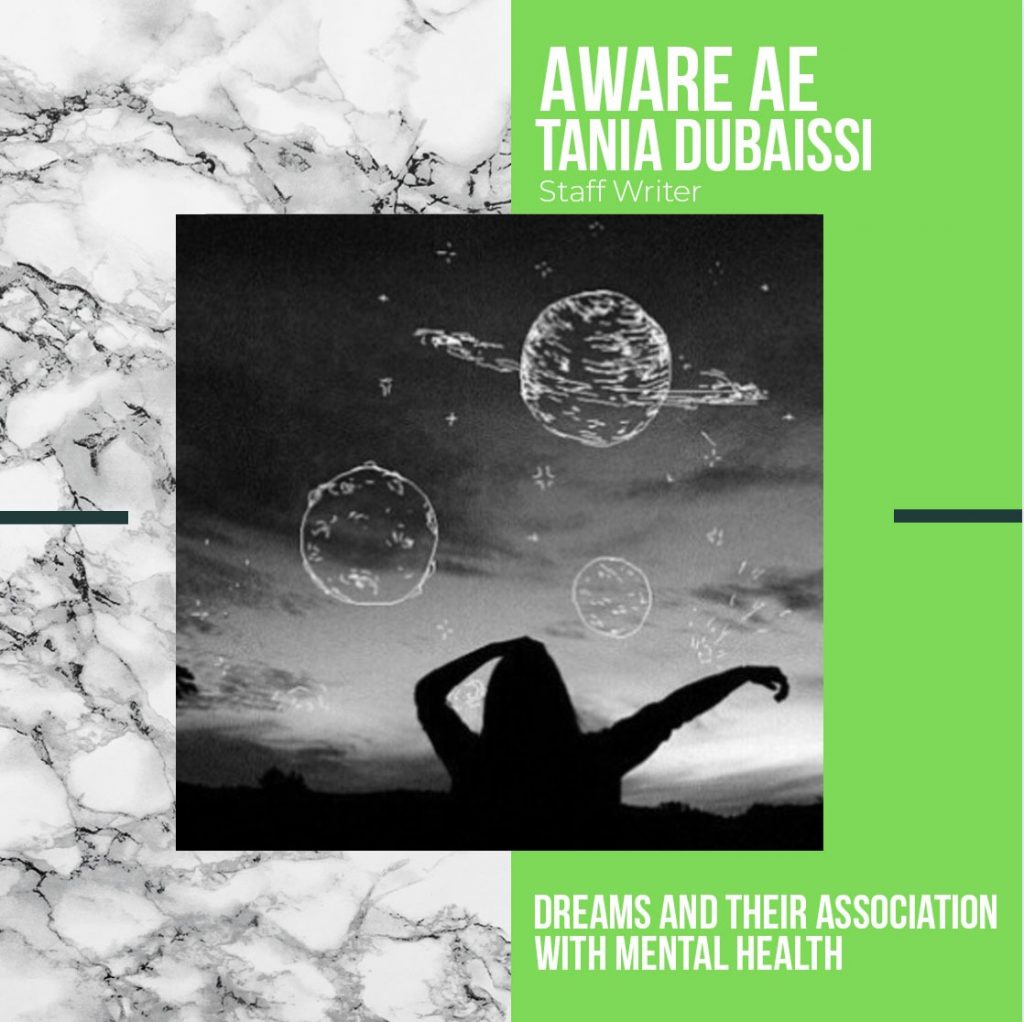Trigger warning: this article mentions depression.
Dreams have captivated the upmost interest of research and experimental psychologists. As a result, psychologists have theoretically studied why they exist and how they can be associated with one’s mental health.
Research claims that dreams can be associated with your mental and physical health. It is an output of random signals from the brain firing at each other. Dreams are known to be a window into your subconscious, holding all your thoughts inside your inner self.
Dreams hold a much deeper meaning in your life. However, other psychological research shows that dreams withhold adaptive survival mechanisms, helping you to be fully aware and prepared for any challenges faced in your day-to-day life.
Depression and Dreams
Depression is not just a feeling or troubled emotions of insecurity, sadness or loneliness. Oftentimes, depression occurs from chemical and structural changes in the brain accustomed to an individual’s surroundings and their wellbeing.
There are important differentiations between depressed brains and normal brains. This, however, could explain the many changes someone with depression may experience with their dreams in comparison to someone without depression.
Do depressed people dream more?
Depressed individuals tend to have reoccurring dreams that are often repeated and could dream up to three times more than the average non-depressed individual. This happens because our dreams help us control our emotions and allow us to process our inner thoughts. A depressed person may dream more frequently. This may be an escape from dealing with their negative emotions.
Depression, Fatigue, and Nightmares
The thought of dreaming more often sounds pleasant. However, depressive dreams come with a toll on a person’s wellbeing; they do not help depressed individuals feel rejuvenated.
Oftentimes, depressed people struggle to fall asleep. Normally, when they do eventually fall asleep, they enter a state of REM sleep, which is the stage of sleep when dreams start to occur much earlier. Those with depression tend to stay in this stage for longer.
REM sleep activates brain waves that are almost as active as when someone is awake. This also includes an increase in heart rate and heavier breathing. Because a depressed individual dreams more frequently, it is no shock that common symptoms of depression include fatigue.
Alongside, depressed individuals may experience a change of sleeping patterns. Depression can cause nightmares or night terrors for many individuals. These frequent nightmares could be built up out of inner anger, stress, sadness, guilt, and anxiety. Although nightmares and night terrors seem almost similar, they are two different experiences.
Nightmares are vivid dreams that can cause a person to awaken immediately after the experience feeling uneasy or even scared, and they are often remembered.
Night terrors are difficult to wake up from if experienced. A person may feel extremely agitated and can experience sleep paralysis, sleep walking, and/or screaming.
How can you try to sleep better?
Sleep comfortably. Find a comfortable position that allows you to sleep as comfortably as you can. If your pillow is not helping you sleep well, swap it out for a new one!
Change your eating habits. Eating or snacking a lot right before you sleep can be the cause to your nightmares. Avoid foods that are high on energy and eat a few hours before you want to sleep.
Relax your mind. Whatever may be stressing you out, write it down. Writing your feelings down could ease some of your thoughts before sleeping.
Essential oils. Lavender-scented essential oils are studied to be beneficial when trying to fall asleep as they can decrease your stress and anxiety.
Note down your dreams. Writing down your dreams could help solve problems in your daily life. Understanding the meaning behind your dreams could help you avoid them from happening again or find a solution to your reoccurring nightmares.
